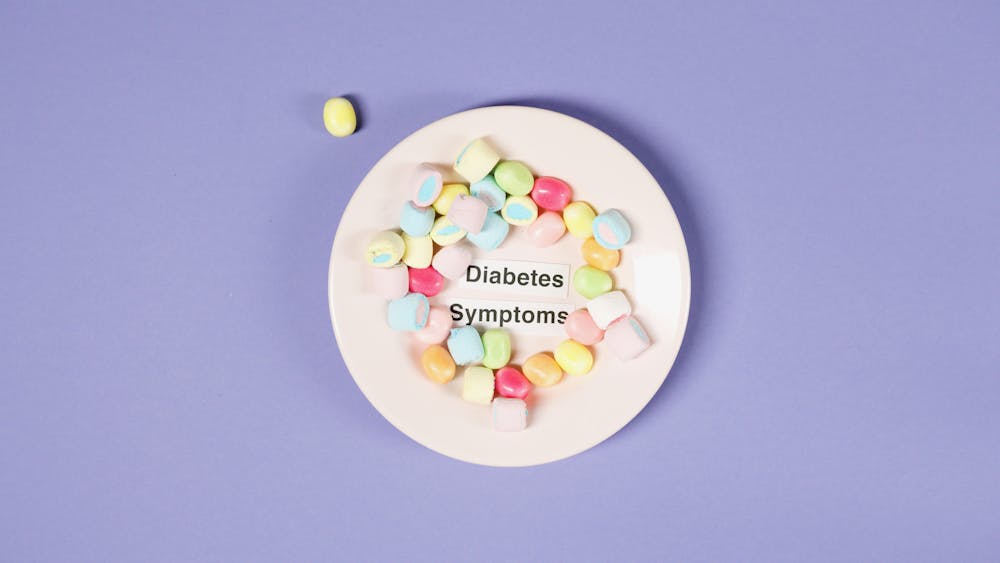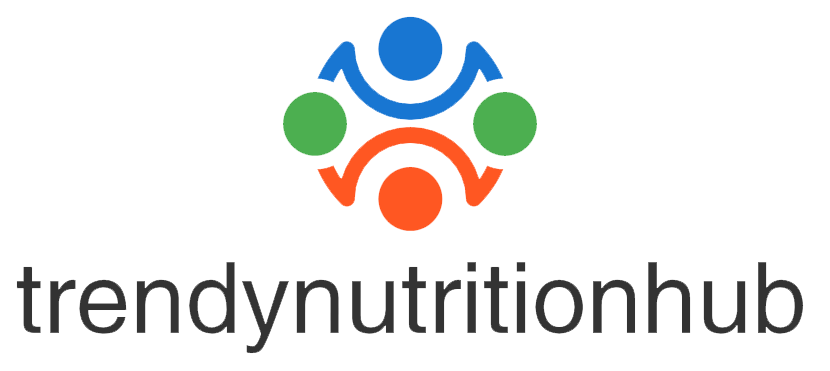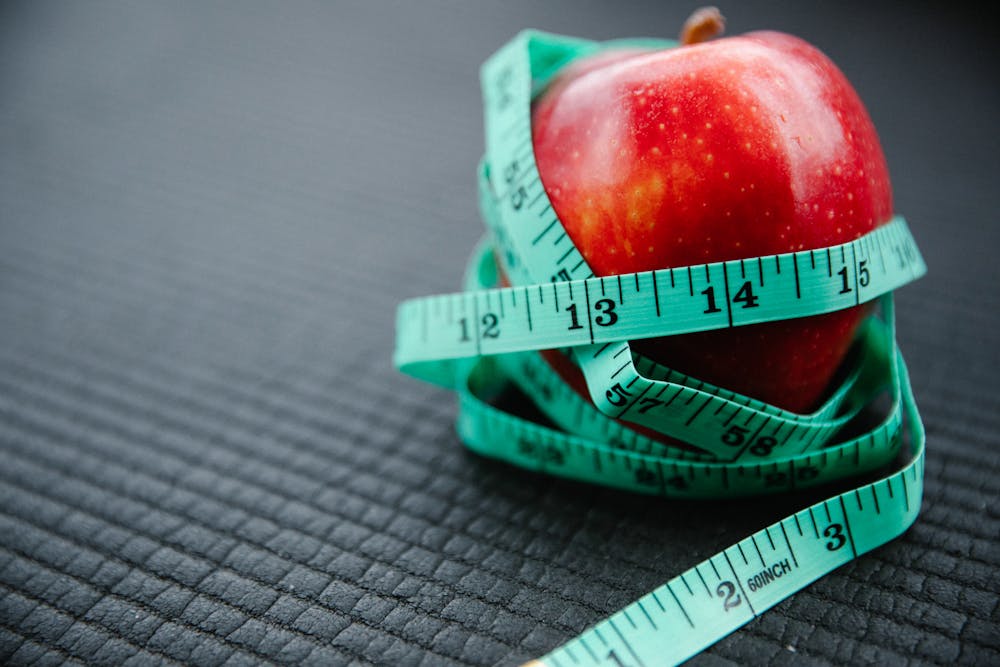As I explore ways to prioritize my cardiovascular health and manage hypertension, I’ve discovered the DASH diet—an acronym for Dietary Approaches to Stop Hypertension—as a comprehensive and effective dietary strategy. Developed by the National Heart, Lung, and Blood Institute (NHLBI), the DASH diet is designed to lower blood pressure and reduce the risk of heart disease through nutritious food choices and balanced eating patterns. Let me share with you the key principles and benefits of the DASH diet:
 1. **Focus on Fruits and Vegetables:**
1. **Focus on Fruits and Vegetables:**
The DASH diet encourages a high intake of fruits and vegetables, which are rich in vitamins, minerals, antioxidants, and dietary fiber. These nutrient-dense foods help lower blood pressure, reduce inflammation, and support overall cardiovascular health.
 2. **Inclusion of Whole Grains:**
2. **Inclusion of Whole Grains:**
Whole grains, such as brown rice, quinoa, oats, and whole wheat bread and pasta, are integral components of the DASH diet. They provide essential nutrients and fiber while promoting satiety and stabilizing blood sugar levels.
 3. **Moderate Consumption of Lean Protein:**
3. **Moderate Consumption of Lean Protein:**
Lean sources of protein, including poultry, fish, beans, lentils, and tofu, are emphasized in the DASH diet. These protein sources are lower in saturated fat and cholesterol compared to red meat and processed meats, making them heart-healthy choices.
 4. **Incorporation of Dairy Products:**
4. **Incorporation of Dairy Products:**
The DASH diet includes low-fat or fat-free dairy products, such as milk, yogurt, and cheese, as sources of calcium, protein, and other essential nutrients. These dairy products help maintain bone health and contribute to overall dietary balance.
 5. **Limitation of Sodium and Processed Foods:**
5. **Limitation of Sodium and Processed Foods:**
Sodium intake is limited in the DASH diet to help lower blood pressure and reduce the risk of hypertension-related complications. Processed and packaged foods, which are often high in sodium, are minimized in favor of whole, unprocessed foods prepared with herbs, spices, and other flavor-enhancing ingredients.
 6. **Moderation in Added Sugars and Sweets:**
6. **Moderation in Added Sugars and Sweets:**
While the DASH diet does not restrict sugars entirely, it encourages moderation in the consumption of added sugars and sweets. Instead of sugary beverages and desserts, the diet emphasizes natural sweeteners like fruit and limits the intake of high-calorie, low-nutrient foods.
 7. **Balanced and Flexible Eating Patterns:**
7. **Balanced and Flexible Eating Patterns:**
One of the strengths of the DASH diet is its flexibility and adaptability to individual preferences and dietary needs. It offers a balanced and varied eating pattern that can be customized to accommodate different cultural backgrounds, culinary traditions, and lifestyle preferences.
 Numerous studies have demonstrated the effectiveness of the DASH diet in lowering blood pressure and reducing the risk of cardiovascular disease. Its emphasis on whole, nutrient-rich foods, moderation in sodium and added sugars, and balanced eating patterns makes it a practical and sustainable approach to promoting heart health and overall well-being.
Numerous studies have demonstrated the effectiveness of the DASH diet in lowering blood pressure and reducing the risk of cardiovascular disease. Its emphasis on whole, nutrient-rich foods, moderation in sodium and added sugars, and balanced eating patterns makes it a practical and sustainable approach to promoting heart health and overall well-being.
 As I incorporate the principles of the DASH diet into my own dietary habits, I’m inspired by its focus on wholesome, nourishing foods and its potential to improve cardiovascular health and quality of life. By making informed food choices and embracing a heart-healthy lifestyle, I’m empowered to take proactive steps toward managing hypertension and achieving optimal health and vitality.
As I incorporate the principles of the DASH diet into my own dietary habits, I’m inspired by its focus on wholesome, nourishing foods and its potential to improve cardiovascular health and quality of life. By making informed food choices and embracing a heart-healthy lifestyle, I’m empowered to take proactive steps toward managing hypertension and achieving optimal health and vitality.



